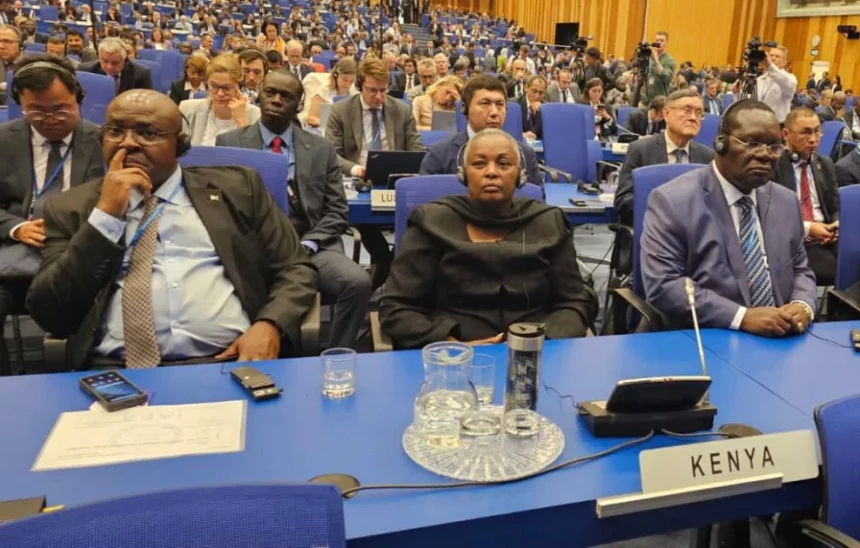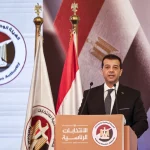Global peace and the war in Ukraine featured as representatives of countries gathered in Austria to take stock of opportunities and challenges in the quest for nuclear safety.
The 67th regular session of the International Atomic Energy Agency (IAEA) kicked off at the Vienna International Centre on Sunday graced by Director General Rafael Mariano Grossi.
Mr Grossi called for unity of purpose in the search for solutions to problems bedeviling the world, more so the Global South, saying effects of Covid-19 and the war in Europe required all hands on the deck to address.
“None of us imagined… we would be dealing with a pandemic the global magnitude of which the world had not experienced for a century. And as if that were not enough, we are now faced with a war in Europe…” he said.
He told the forum that climate change obliges countries to take long-term responsibility for the wellbeing of the planet and its people and that bold decisions will be required towards an affordable, just and sustainable energy future that taps all viable low-carbon technology options, including nuclear energy.
Participants at the forum are from the 177 IAEA member states, including Kenya. Part of the meeting’s agenda is nuclear and radiation safety, deepening of technical cooperation among nations in the field of nuclear science, technology, climate change and health.
The Kenya delegation to the forum is headed by Ambassador Mary Mugwanja and supported by Acting Chief Executive Officer of the Nuclear Power and Energy Agency (NuPEA) Justus Wabuyabo, Kenya Nuclear Regulatory Authority (KNRA) chairman Omondi Anyanga and KNRA Director General James Keter.
Kenya’s statement will be delivered by Ms Mugwanja on a schedule yet to be released.
Among many side events, KNRA will participate in the Forum for Nuclear Regulatory Bodies in Africa (FNRBA), bilateral talks with Canadian Nuclear Safety Commission and meetings with the IAEA DG on Kenya’ update on the Rays of Hope Initiative, an idea aimed at assisting nations in establishing or expanding their capacities in radiotherapy and medical imaging.
“We are looking forward to robust engagement with other participants. The issues being raised are weighty and Kenya cannot afford to be left behinds as other countries and regions advance,” said Mr Anyanga.
Mr Grossi added that even though public opinion polls around the world show the tide turning in favour of nuclear energy, countries needed to engage stakeholders openly and proactively in their nuclear power programmes.
“Four years ago, nuclear power was struggling to gain a place at the table in major global conversations and events on energy and climate change. Today, nuclear power not only has a place at the table but is increasingly recognised as part of the solution,” said Mr Grossi.
The forum heard that nuclear technology was central to the fight against climate change, with the IAEA boss asking countries to scale up efforts against global warming.
“We expect nuclear energy producing countries and the IAEA, at the upcoming COP28 meeting in the United Arab Emirates, to deliver an important, unified message about nuclear energy’s role in mitigating climate change,” said the Director General.



